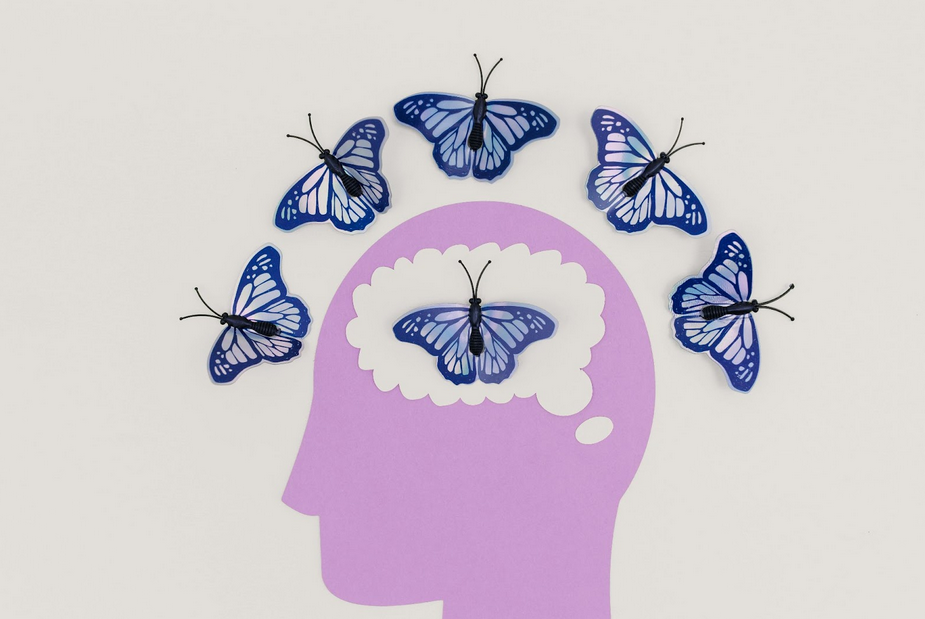Have you heard of cognitive behavioral therapy? If you have ever researched therapy options for yourself or your child, it’s likely that you have. In this article, we will explore the ins and outs of cognitive behavioral therapy (CBT) so that you know what to expect before your session!
Understanding Cognitive Behavioral Therapy
What exactly is cognitive behavioral therapy? CBT is a form of psychotherapy designed to help patients change negative thought patterns into more positive ones. This is achieved by reframing behaviors and ways of thinking. By changing our behaviors, our emotions can improve alongside them. CBT works to challenge unhelpful thoughts and behaviors, ultimately enhancing overall well-being and quality of life.
What to Expect During Treatment
When you begin cognitive behavioral therapy, there are a few core principles to be aware of:
- Cognitive Restructuring: This involves identifying thought patterns that contribute to destructive habits. These thoughts may lead to self-doubt, low confidence, or irrational thinking.
- Behavioral Strategies: Your therapist will introduce techniques to help you break negative cycles, such as adjusting daily routines, incorporating positive thinking, and developing helpful coping mechanisms.
- Skill Building: As therapy progresses, learning effective coping strategies and problem-solving skills becomes essential. Your therapist will work with you to refine these techniques through trial and error to find what works best for you.
Strategies to Expect
During CBT sessions, you will likely set goals at the beginning of each appointment to measure progress and track which strategies are effective. Recognizing and challenging unhelpful thought patterns using newly learned techniques is a key part of making progress.
Before meeting with your child’s therapist, you can take an extra step by journaling or taking notes on thought patterns. Identifying areas for improvement ahead of time can help accelerate progress and make sessions more productive.
Will CBT Work for My Child?
CBT tends to be most effective for children who are motivated and willing to put in the effort during their sessions. Children who are reluctant to participate may see slower progress. Those who are open to self-reflection and willing to make changes to their routines are more likely to experience positive results. Encouraging openness and self-awareness outside of therapy sessions can help reinforce progress.
Things to Keep in Mind
Therapy is never a one-size-fits-all solution. While CBT is a highly effective approach, it may not be the best fit for every child. Remember that cognitive behavioral therapy requires time and effort. Success depends on active participation during sessions as well as continued practice outside of therapy.
For more severe mental health conditions, your therapist may recommend combining CBT with other forms of therapy or medication.
Finding the right path forward for your child is a highly individualized journey that should be guided by a professional. To speak with one of our licensed therapists today, contact Neurobehavioral Associates and start your journey toward a better tomorrow.

